Russian propaganda media claimed half the world watched Moscow’s Eurovision rival. The number was just combined population figures
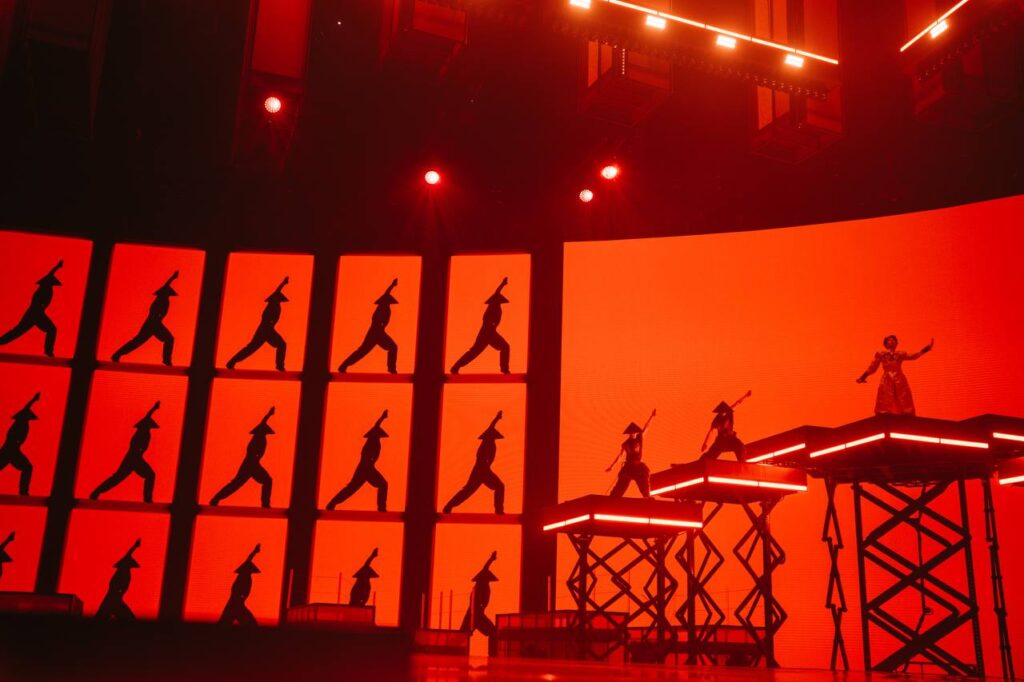
Russian propagandist state agency TASS initially declared that 4 billion people “watched” the Intervision song contest worldwide. Hours later, they quietly edited the headline. Now it says the broadcast “was available to” 4 billion viewers.
The difference matters. TASS essentially claimed that half of humanity tuned in to watch Russia’s answer to the European Eurovision contest, from which Russia was excluded in 2022 due to its full-scale aggression in Ukraine.
The original TASS report quoted contest organizers boasting of “4 billion broadcast viewers worldwide.” But buried deeper in the same article, a TASS correspondent revealed the actual source of that figure: “the sum of the population of all participating countries is 4,152,857,496 people,” including giants like India and China. In other words, the 4 billion represented potential viewers, not actual ones.
TASS later scrubbed both the headline and the organizers’ quote, replacing “watched by” with “available to” throughout their coverage.
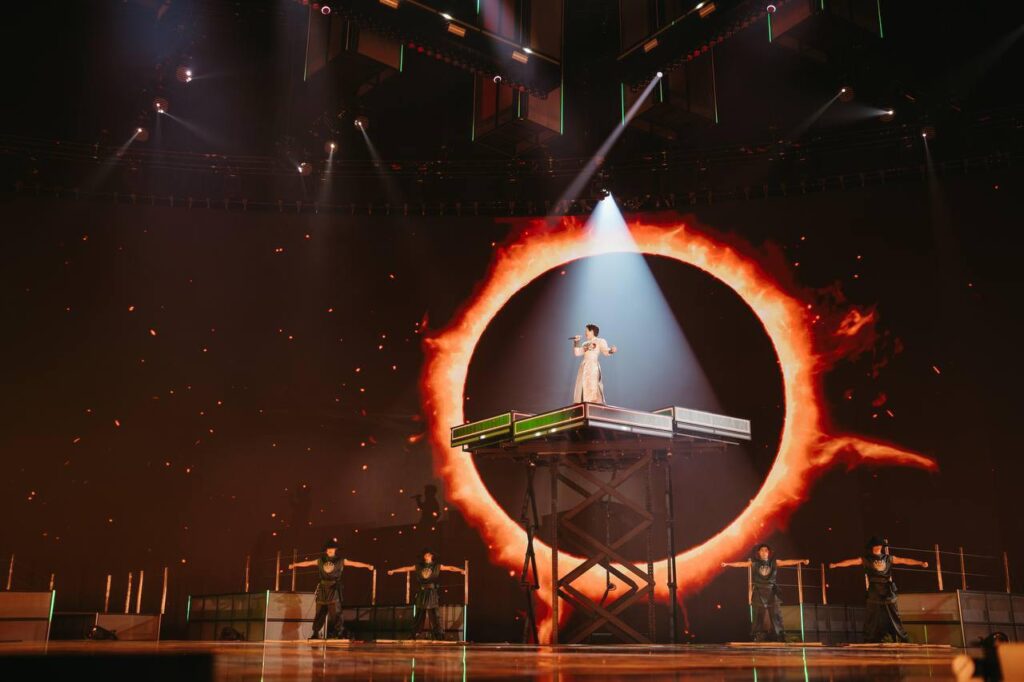
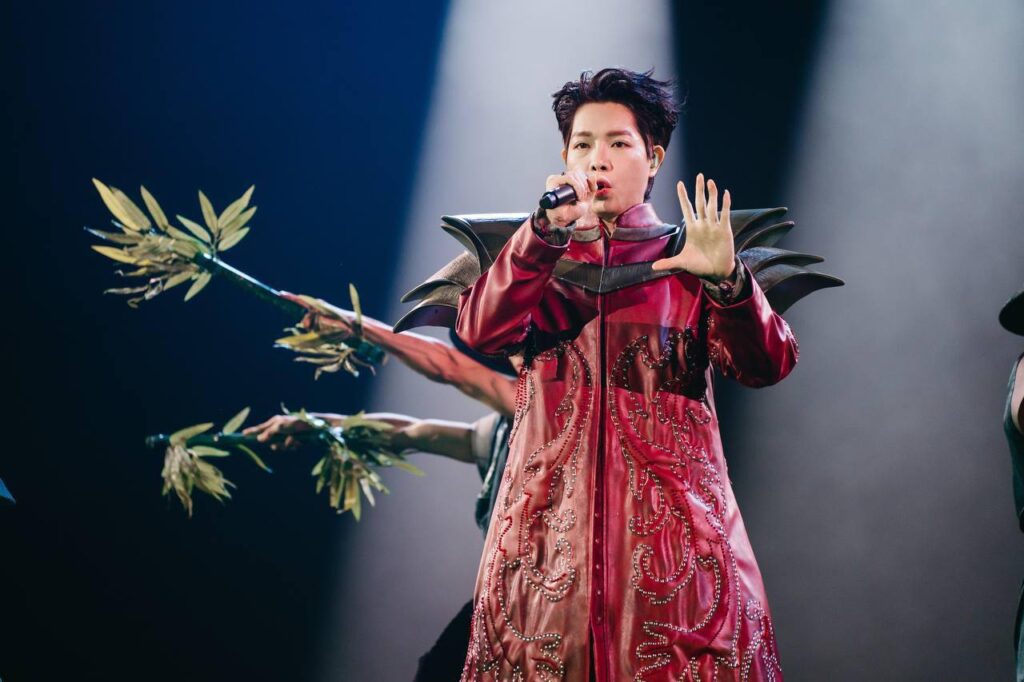
Intervision viewership compared to other global events
For the original claim to be true, 96% of residents across 23 countries would have dropped everything to watch singers perform in a Moscow suburb.
By comparison, actual global events draw far smaller audiences: the 2022 World Cup final between France and Argentina drew 1.42 billion viewers. Eurovision 2025 attracted 166 million. Current world population: 8.24 billion.
The Intervision contest that occurred on 20 September at Live Arena near Moscow crowned Vietnamese singer Duc Phuc as winner. Participating countries read like a list of Russia-friendly nations: Belarus, Serbia, Cuba, Kenya, Brazil, India.
Kremlin propaganda singer represented Russia on contest
Russia’s own representative was Shaman, the performer who became one of wartime Russia’s most recognizable musical figures. He gained widespread popularity during the 2022 full-scale invasion with patriotic songs like “Vstanem” and “Ya Russkiy,” earning the honorary title of Merited Artist of the Russian Federation in 2024. His close alignment with Kremlin propaganda has resulted in sanctions from Ukraine, the EU, and Canada for promoting the war.
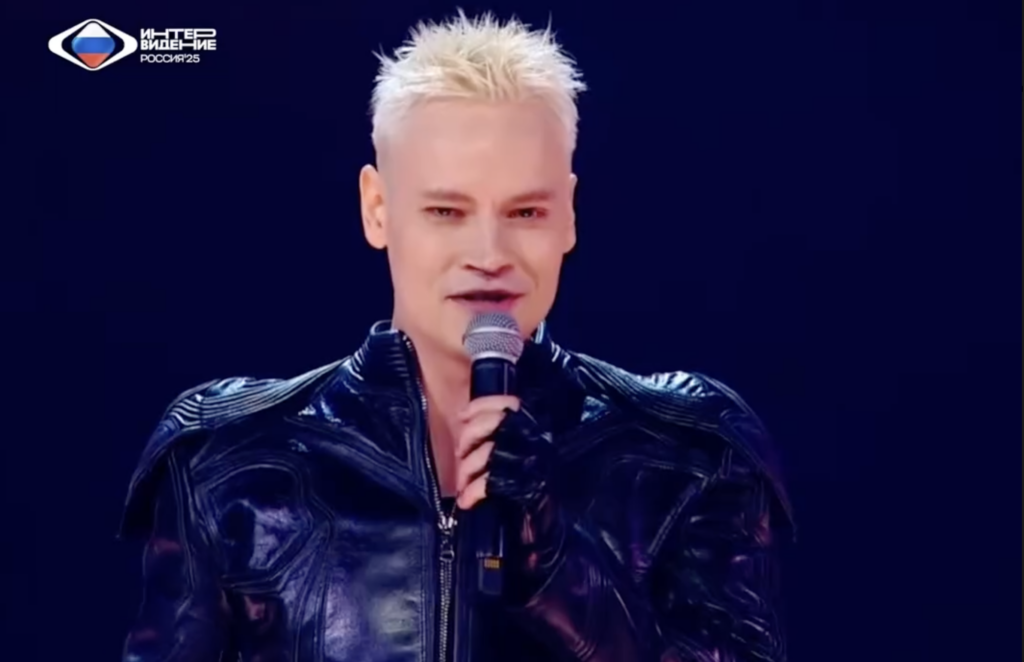
After his performance, Shaman withdrew from the competition, citing “laws of hospitality” that prevented him from competing for victory as the host country’s representative.
“I represent Russia, and Russia has already won,” he declared.
Russia’s Intervision promotes “traditional values” compared to Eurovision
The event revives a Soviet-era project designed as Eurovision’s ideological counterweight, promoting what organizers call “traditional values.” The original Intervision ran from 1965-1968, briefly returned in 1977-1980, then disappeared until this year’s resurrection.
One performer didn’t make it to the stage. Australian singer Vassy, set to represent the United States, was pulled at the last moment. Russian hosts blamed “unprecedented political pressure from the Australian government.” Russian independent news outlet ASTRA reports Vassy openly supports LGBTQ rights – a stance that directly contradicts the contest’s emphasis on traditional values.
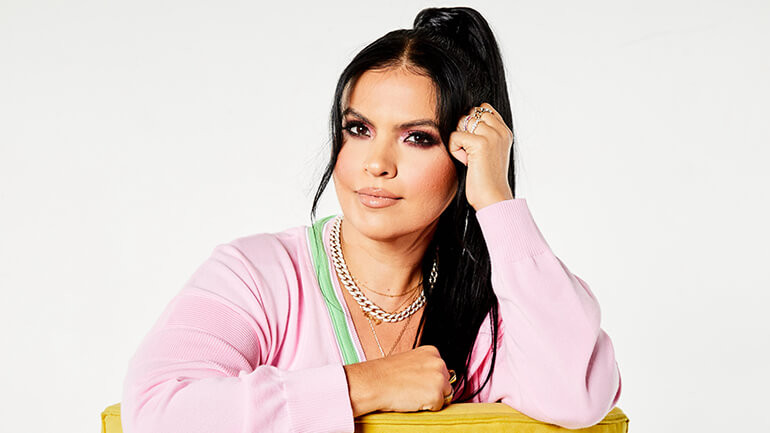
ASTRA also revealed tight controls around the production. Organizers “very strictly” selected audience members, according to a Moscow resident whose friend was rejected for the crowd. Filming was “strictly forbidden” during recording.
Next year’s contest moves to Saudi Arabia, according to organizers.